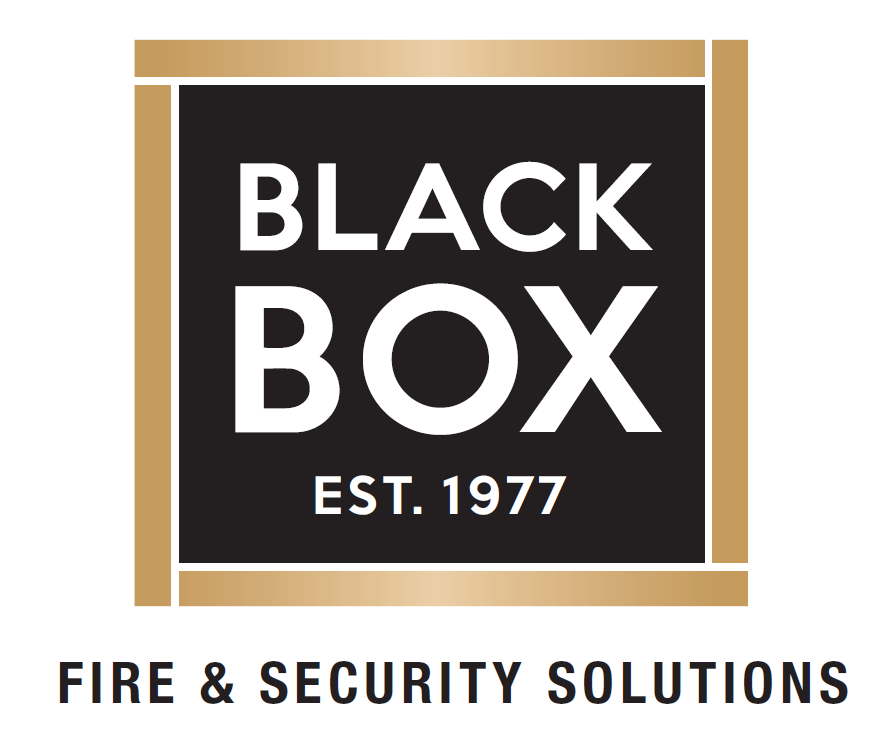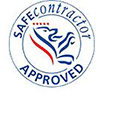The use of CCTV in care homes is a controversial debate which has been ongoing for a number of years. The installation of visible devices in communal areas remains the choice of care home management, but there is a wider conversation around care homes offering in-room CCTV to monitor care standards which evokes strong feelings for all involved.
Data protection issues, reluctance, concerns over privacy and lack of funds to embrace new technology, mean that for many relatives of those in care it a grey area. Over recent years there has been a number of cases where families have taken things into their own hands and set up covert monitoring, to investigate the suspected mis-treatment of loved ones. These cases have yet to be challenged in court.
The danger for those care homes who don’t consider introducing the use of cameras has left many settings in danger of being monitored without their knowledge.
Get advice
A law will inevitably be passed at some point in the future and given the right advice and system, we feel that care homes which embrace this safeguarding issue and its use of technology will be ahead of the game.
Black Box recommends looking at encrypted camera devices in communal areas and then providing the option for cameras in the room of a loved one. Secure logins can be provided so that relatives can view live and playback footage, subject to appropriate consents being in place.
It gives settings a unique opportunity to market the safe environment they offer as a selling point to those that are faced with moving a relative into a care home.
Arguments against using cameras are loaded with concerns about intrusion on both residents and staff privacy. However increasing worries about the abuse of residents, highlighted by many high profile cases reported in the media, mean that people may continue to be forced to take things into their own hands. At Black Box we are suggesting that homes focus less on the cameras ability to ‘see’ and more on data-gathering.
Enhancing care
‘The use of cameras needn’t damage caring relationships’ says David Barnes, Managing Director of Black Box Security Solutions.
‘My own mother was in a care setting and while the care she received was of a very high standard and we had an excellent relationship with her carers, had this not been the case I would not have hesitated to take things into my own hands and installed a covert camera.’
Technological developments mean that cameras installed in sensitive settings use encrypted data. Technology is already used widely across healthcare settings and allows health to be monitored in many different contexts within safeguarding frameworks. Monitoring is at the core of healthcare and so there is a strong argument to support the use of cameras to help facilitate this observation.
In terms of the abuse of residents there is no hard evidence available, in terms of numbers, but it is apparent that an increasing number of families are hiding covert cameras or recording devices to monitor their loved ones care.
With many years’ experience in the care sector we would suggest that all care homes should carefully consider the installation of visible camera devices in communal areas that collect data in secure ways. Only in exceptional circumstances, when there is a complaint of suspected abuse or theft, or even a fall or accident when no one is present does it then become a question of viewing the footage. This would then default to safeguarding officials and those with correct authorisation, to access and view the footage.
It makes sense, before there is a legal obligation to do so, for care settings to look at this now as those that embrace it are likely to see the benefits of the technology, despite it being an initial cost.
Data gathering
In room cameras can also be installed on families’ requests, providing that there is proper consent in place. This facility can then be offered to relatives who pay a monthly charge to log in and check on their loved on, thus offsetting some of the cost to the care home.
‘Data gathering and the acknowledged presence of cameras should not affect day to day care giving as encrypted data poses no threat to those operating to a high standard. As long as consent protocols are in place and staff are fully aware, it gives staff new protection in their work setting and levels are privacy are no way undermined. It also benefits the setting which can promote this level of monitoring as part of its care provision which ultimately will provide peace of mind for residents and their relatives,’ concludes David.
For further information on how data encryption and camera installation could help your setting please contact one of the team for more advice on 0800 564 2237 or email the team.






